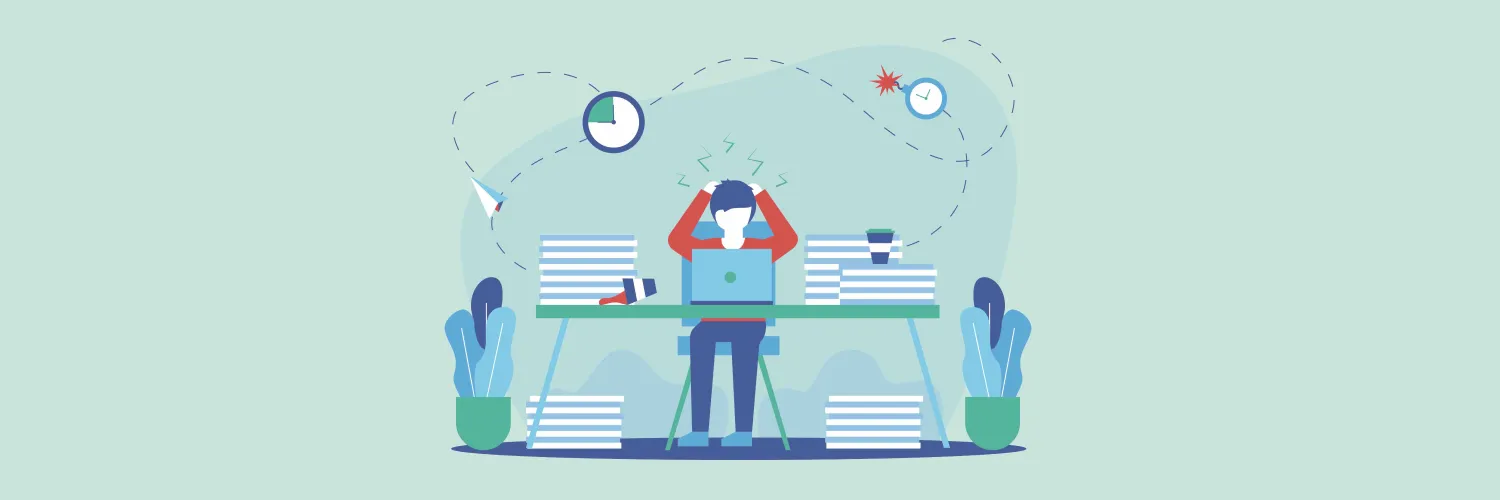Productive procrastination is often regarded as a paradox, but it can be a powerful tool for enhancing your productivity. By strategically putting off less important tasks, you can redirect your focus towards more significant projects that require your attention. Let's explore how to harness this concept effectively.
Understanding Productive Procrastination
At its core, ''productive procrastination'' involves choosing to delay certain tasks while simultaneously engaging in activities that yield a greater return on your time investment. This might sound counterintuitive, but when done correctly, it can lead to increased motivation and improved output. Instead of feeling guilty about procrastinating, you can embrace it as a way to prioritize more impactful work.
Identifying Tasks for Productive Procrastination
To make productive procrastination work for you, it’s essential to identify which tasks are worth delaying. Here’s a simple chart to help you categorize your tasks:
| Task Type | Importance Level | Action |
|---|---|---|
| Routine Administrative Work | Low | Delay & Focus on Creative Projects |
| Research for Upcoming Project | High | Prioritize & Start Working |
| Emails and Communication | Medium | Schedule for Later |
| Personal Development | High | Engage Immediately |
This chart not only helps you visualize your tasks but also makes it easier to determine which tasks can be postponed without jeopardizing your goals. By focusing on high-importance tasks, you can make significant progress while still allowing for some procrastination.
Benefits of Productive Procrastination
Engaging in ''productive procrastination'' can provide several benefits:
- Increased Focus: By postponing less critical tasks, you can devote your energy to projects that require deep concentration, leading to higher quality results.
- Enhanced Creativity: Sometimes, stepping back from a task can offer new perspectives and ideas, fostering creativity.
- Reduced Burnout: Balancing high-priority tasks with lighter activities can prevent overwhelm and maintain your motivation.
- Better Time Management: By intentionally prioritizing tasks, you can manage your time more effectively and avoid the stress of last-minute rushes.
Strategies for Implementing Productive Procrastination
To capitalize on the concept of productive procrastination, consider these strategies:
1. Set Clear Goals
Define your main objectives and outline the tasks that contribute to these goals. Knowing what’s most important helps you make informed decisions about what to delay.
2. Use the Pomodoro Technique
This time management method encourages you to work in short, focused bursts followed by brief breaks. During your breaks, you can engage in lower-priority tasks, allowing you to recharge without losing momentum.
3. Create a Task Hierarchy
List your tasks based on urgency and importance. This hierarchy helps you quickly identify which tasks can be postponed without negative consequences.
4. Embrace Flexibility
Be open to changing your plans. If an unexpected opportunity arises, such as a chance to collaborate on a significant project, consider postponing less critical tasks to seize that moment.
Common Misconceptions About Procrastination
Many people view procrastination solely as a negative behavior. However, understanding the nuances of ''productive procrastination'' can change this perception. Here are some common misconceptions:
- Procrastination is Always Bad: Not all procrastination is detrimental. In fact, delaying certain low-priority tasks can lead to better overall productivity.
- All Tasks Require Immediate Attention: Some tasks can wait. Prioritization is key to effective time management.
- Procrastination Equals Laziness: Many procrastinators are working hard on more important tasks, even if it appears they are putting things off.
Conclusion
Productive procrastination can be a valuable strategy for enhancing your productivity and achieving your goals. By identifying which tasks can be put off and focusing on high-priority projects, you can make the most of your time. Remember, it’s not about avoiding work; it’s about working smarter. Embrace the art of productive procrastination and watch your productivity soar.
Incorporating this approach into your daily routine can transform your work habits and lead to a more fulfilling and accomplished professional life.





